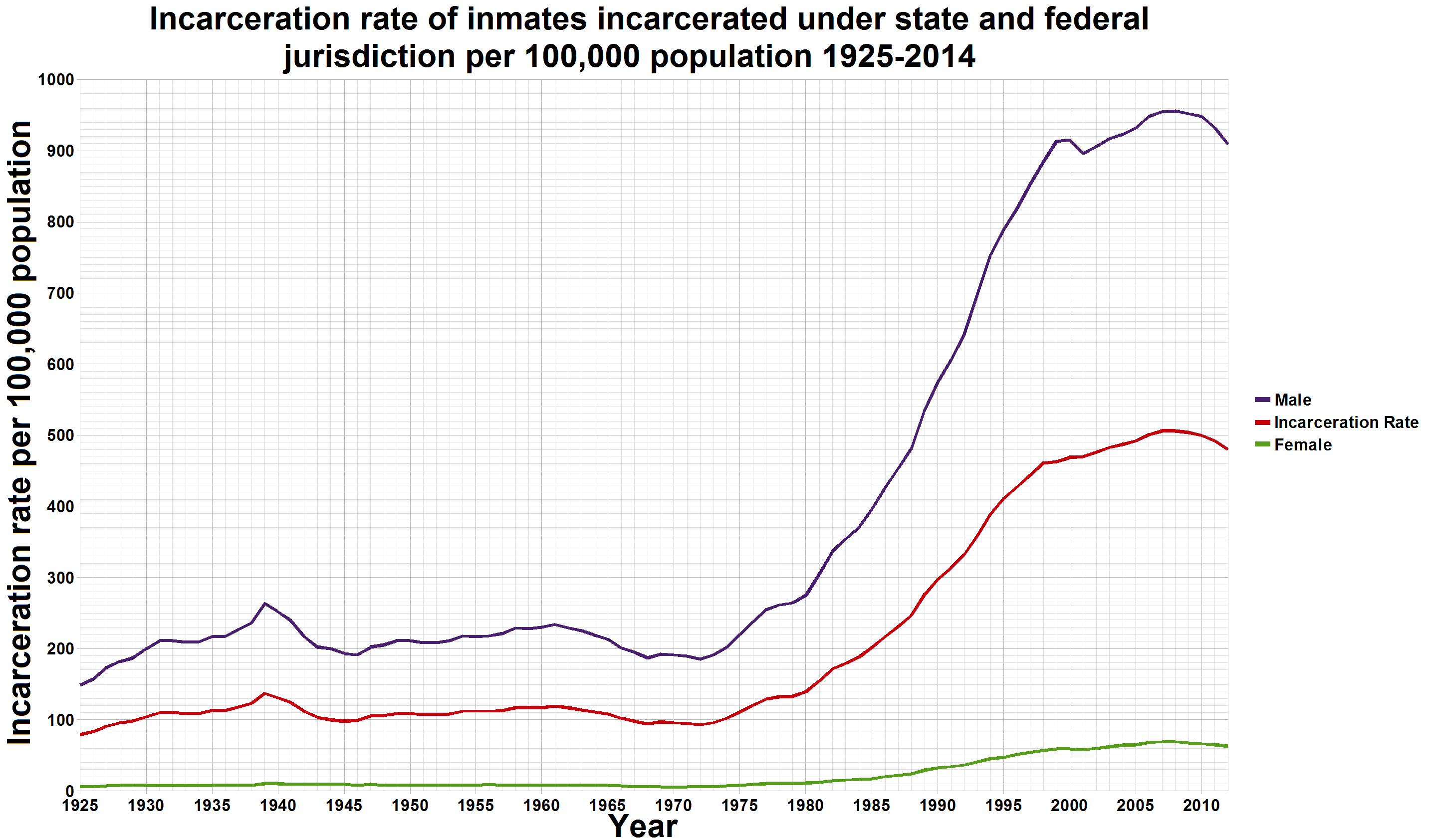“Officers of the Federal Government have set a high priority on fuller understanding of the marihuana issue and appropriate governmental action. President Nixon has frequently expressed his personal and official commitment to providing a rational and equitable public response to the use and misuse of drugs. Similarly, Congress has shown its concern in passing the Comprehensive Drug Abuse Prevention and Control Act of 1970. In appointing this Commission, both the President and Congress have recognized the need for an independent, nonpartisan appraisal of the nature of marihuana and the consequences of its use, for a similar appraisal of the abuse of all drugs, and for appropriate recommendations for public policy as a result of both studies.”
“A Final Comment
In this Chapter, we have carefully considered the spectrum of social and legal policy alternatives. On the basis of our findings, discussed in previous Chapters, we have concluded that society should seek to discourage use, while concentrating its attention on the prevention and treatment of heavy and very heavy use. The Commission feels that the criminalization of possession of marihuana for personal is socially self-defeating as a means of achieving this objective. We have attempted to balance individual freedom on one hand and the obligation of the state to consider the wider social good on the other. We believe our recommended scheme will permit society to exercise its control and influence in ways most useful and efficient, meanwhile reserving to the individual American his sense of privacy, his sense of individuality, and, within the context of ail interacting and interdependent society, his options to select his own life style, values, goals and opportunities.”
The Commission sincerely hopes that the tone of cautious restraint sounded in this Report will be perpetuated in the debate which will follow it. For those who feel we have not proceeded far enough, we are reminded of Thomas Jefferson's advice to George Washington that "Delay is preferable to error." For those who argue we have gone too far, we note Roscoe Pound's statement, "The law must be stable, but it must not stand still."
We have carefully analyzed the interrelationship between marihuana the drug, marihuana use as a behavior, and marihuana as a social problem. Recognizing the extensive degree of misinformation about marihuana as a drug, we have tried to demythologize it. Viewing the use of marihuana in its wider social context, we have tried to desymbolize it.
Considering the range of social concerns in contemporary America, marihuana does not, in our considered judgment, rank very high. We would deemphasize marihuana as a problem.
The existing social and legal policy is out of proportion to the individual and social harm engendered by the use of the drug. To replace it, we have attempted to design a suitable social policy, which we believe is fair, cautious and attuned to the social realities of our time."
From the intro and final chapter of the "Shafer Commission" report commissioned by President Nixon. Nixon ignored the findings.
http://www.druglibrary.org/schaffer/library/studies/nc/ncmenu.htm
“A Final Comment
In this Chapter, we have carefully considered the spectrum of social and legal policy alternatives. On the basis of our findings, discussed in previous Chapters, we have concluded that society should seek to discourage use, while concentrating its attention on the prevention and treatment of heavy and very heavy use. The Commission feels that the criminalization of possession of marihuana for personal is socially self-defeating as a means of achieving this objective. We have attempted to balance individual freedom on one hand and the obligation of the state to consider the wider social good on the other. We believe our recommended scheme will permit society to exercise its control and influence in ways most useful and efficient, meanwhile reserving to the individual American his sense of privacy, his sense of individuality, and, within the context of ail interacting and interdependent society, his options to select his own life style, values, goals and opportunities.”
The Commission sincerely hopes that the tone of cautious restraint sounded in this Report will be perpetuated in the debate which will follow it. For those who feel we have not proceeded far enough, we are reminded of Thomas Jefferson's advice to George Washington that "Delay is preferable to error." For those who argue we have gone too far, we note Roscoe Pound's statement, "The law must be stable, but it must not stand still."
We have carefully analyzed the interrelationship between marihuana the drug, marihuana use as a behavior, and marihuana as a social problem. Recognizing the extensive degree of misinformation about marihuana as a drug, we have tried to demythologize it. Viewing the use of marihuana in its wider social context, we have tried to desymbolize it.
Considering the range of social concerns in contemporary America, marihuana does not, in our considered judgment, rank very high. We would deemphasize marihuana as a problem.
The existing social and legal policy is out of proportion to the individual and social harm engendered by the use of the drug. To replace it, we have attempted to design a suitable social policy, which we believe is fair, cautious and attuned to the social realities of our time."
From the intro and final chapter of the "Shafer Commission" report commissioned by President Nixon. Nixon ignored the findings.
http://www.druglibrary.org/schaffer/library/studies/nc/ncmenu.htm






